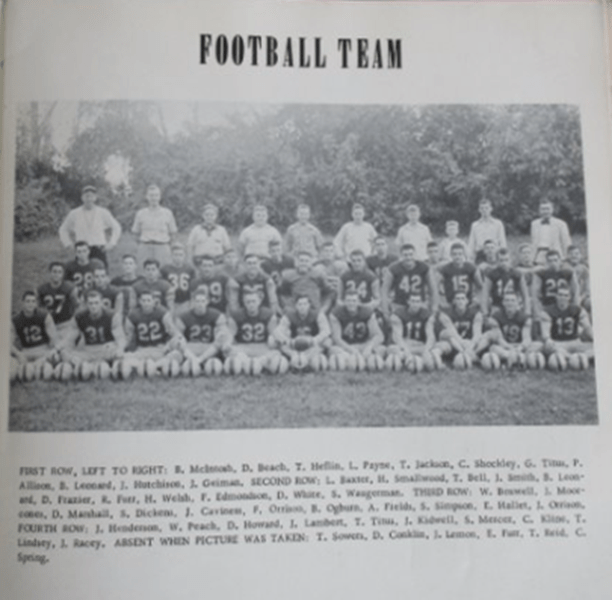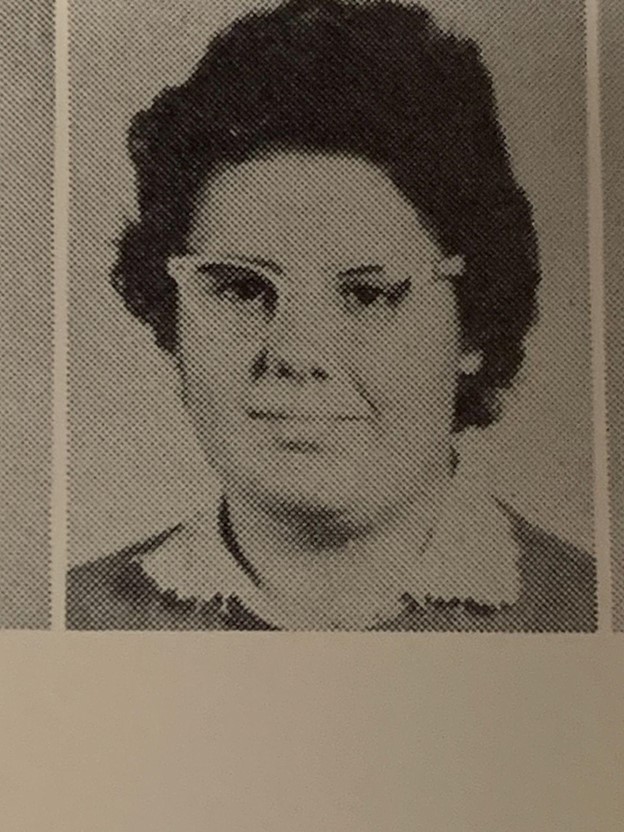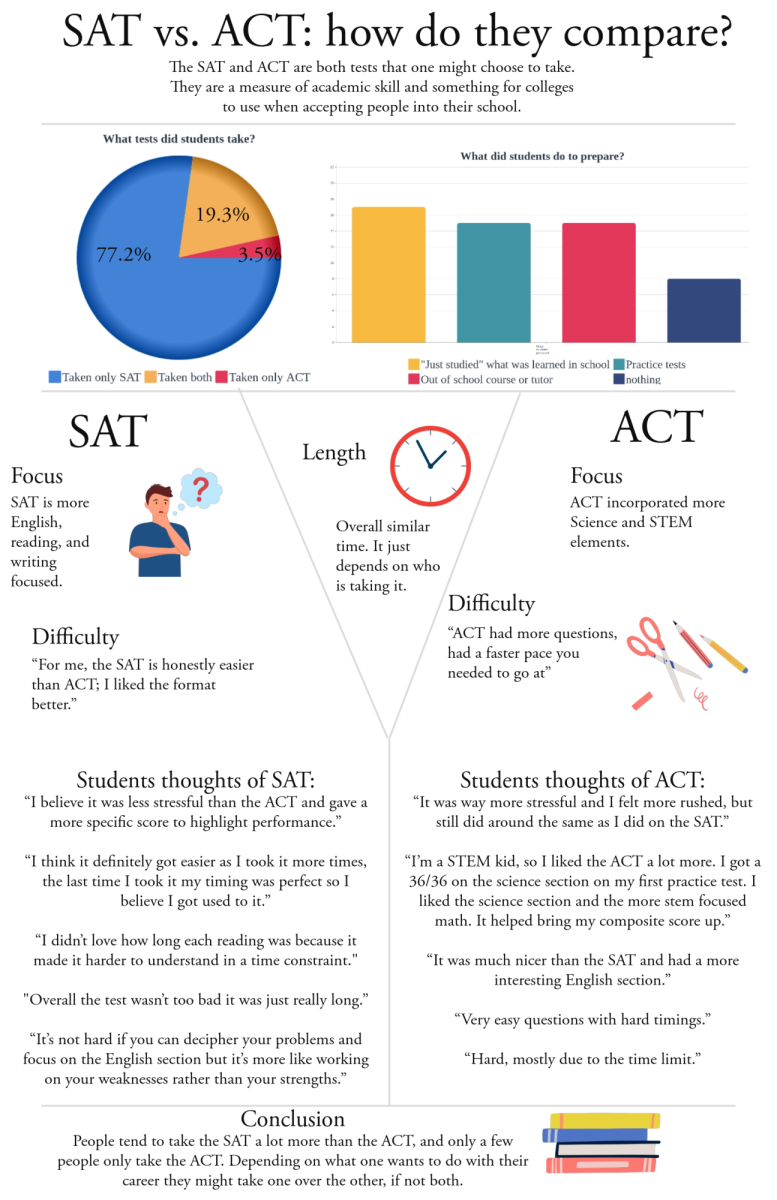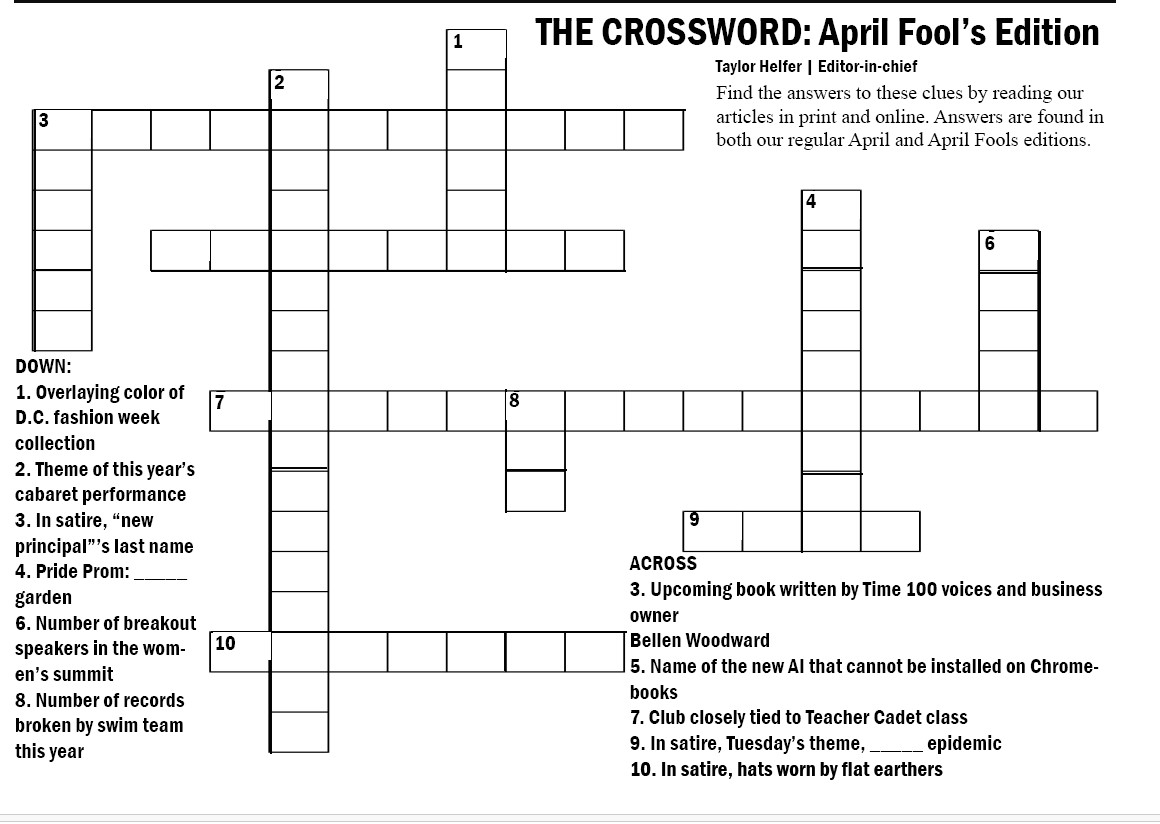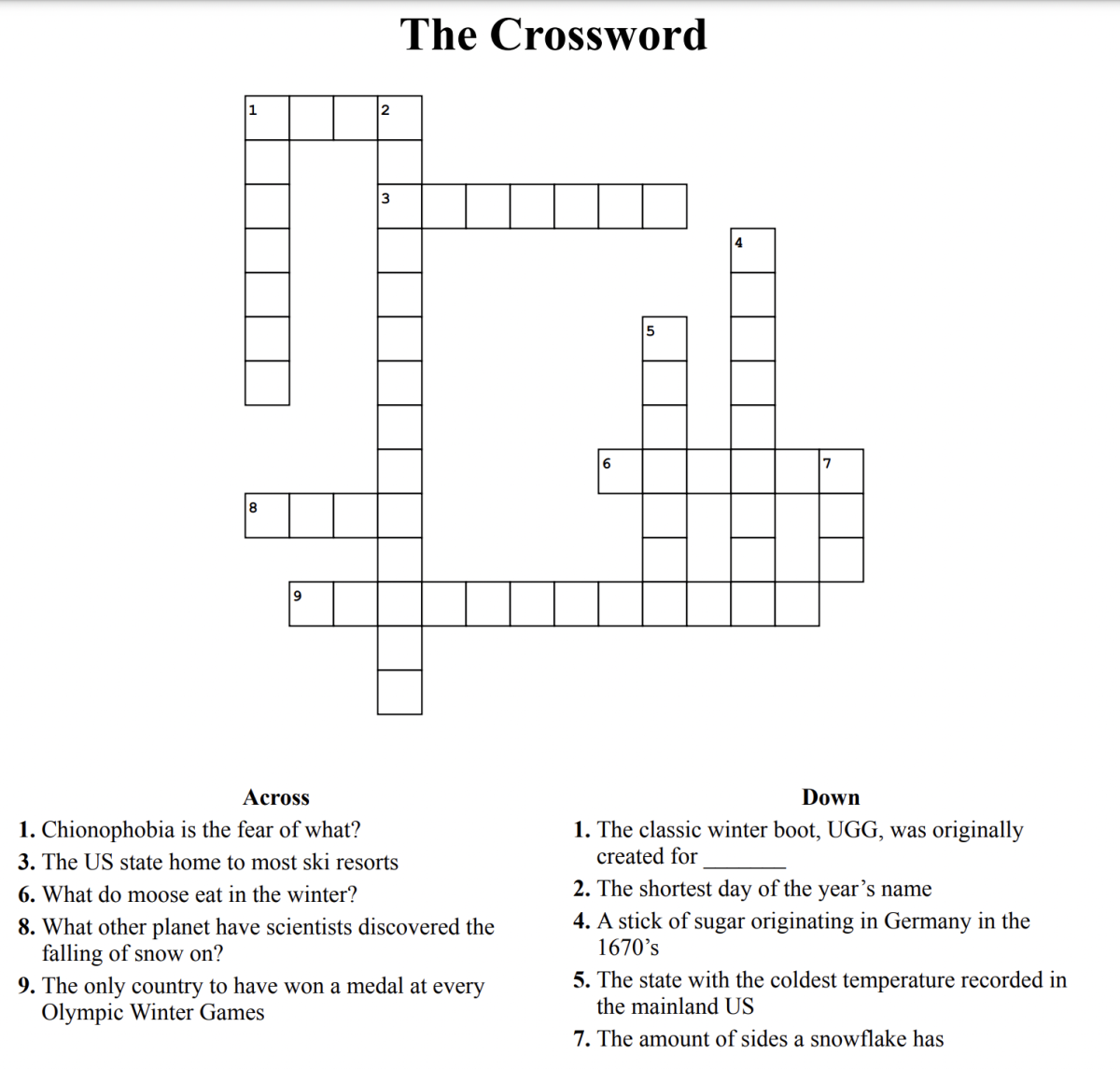Imagine you’re taking extracurriculars and advanced classes, and after an exhaustingly long hour and a half in AP Calculus, you’re ready to get your assignments done in study hall so you’ll have time to get ready for your work shift after school. And yet, you’re expected to sacrifice 20 minutes of your free block to read, ultimately preventing productivity. Well, unfortunately, this is the continuing reality for the students at our school.
Amongst many new policies, the study hall structure implemented last year and continuing this year is one heavily frowned upon by most of the student body. It deprives students of 22.2% of their study hall, which is absolutely crucial given how many of us are taking AP courses and have a tremendous amount of classwork.
Reading specialist Valerie Rife is one of the coordinators of structured study halls, and compares a student’s reading practices with sports practices. “If you were to go on the soccer field or the baseball field or the basketball court and never practice, eventually you’re going to run out of steam or plateau. But if you practice just like with your reading, you become stronger and you build up your stamina.”
While she makes an excellent point, the structured study halls punish the entire student body, rather than promote reading to those who choose not to make time for it. Many students already have to read for their AP History courses and English classes, and this additional reading takes students’ time away from studying and reading material relevant to classwork.
Additionally, students don’t benefit from this excessive hand holding. With four years of high school prior to becoming an adult, it’s vital students build independence and learn from past experiences. Granting a student a full 90 minute study hall without a structure is the greatest way for them to build discipline academically, as well as learn how to manage their time.
This study hall structure isn’t allowing students to optimize their given 90 minutes, and isn’t fair to those in sports or extracurriculars, who don’t have the time to complete assignments at home. Especially with students working jobs, or doing volunteer work that will benefit them in the long run, the loss of 20 minutes every other day is detrimental to a student’s academic success.










